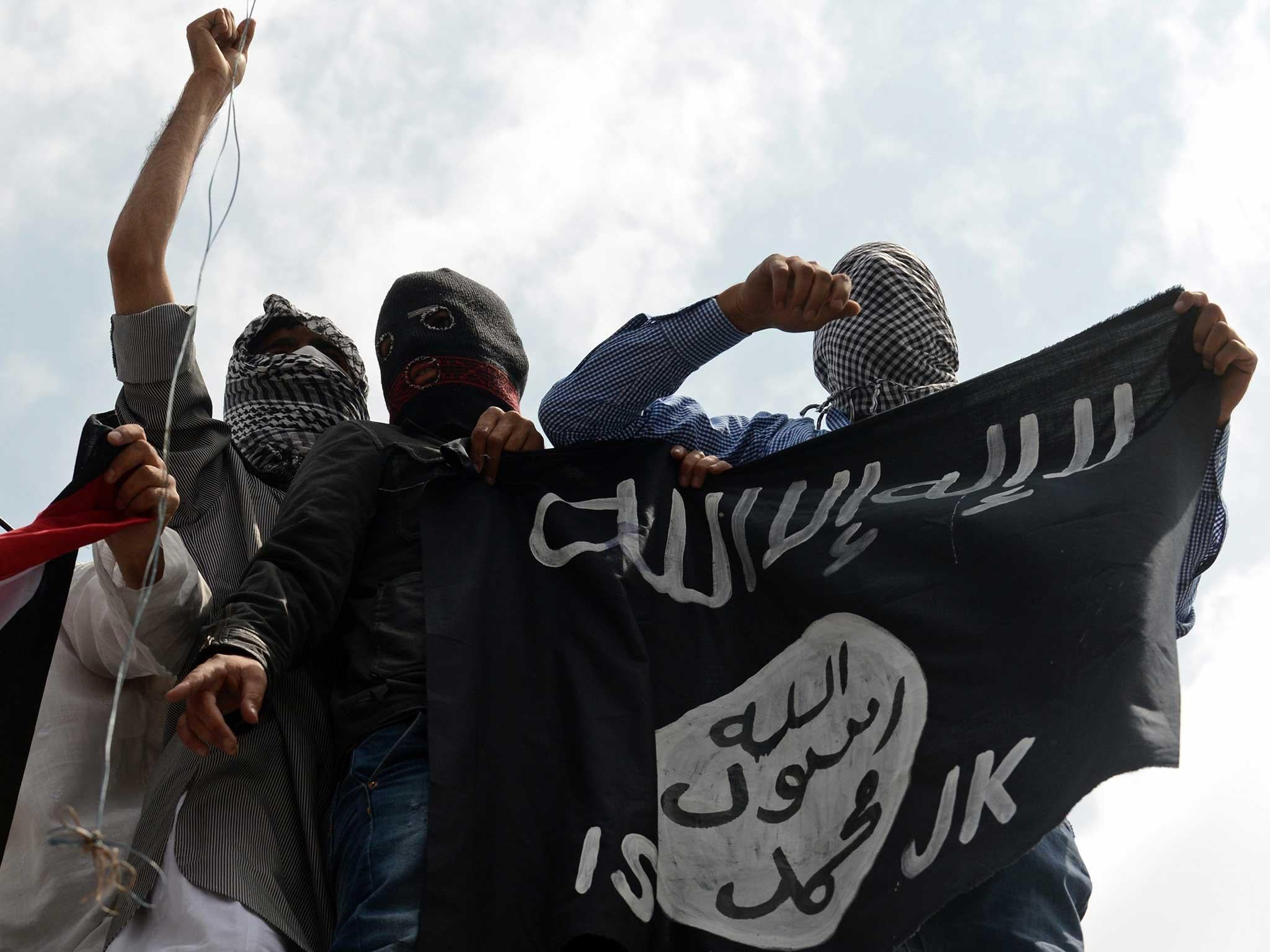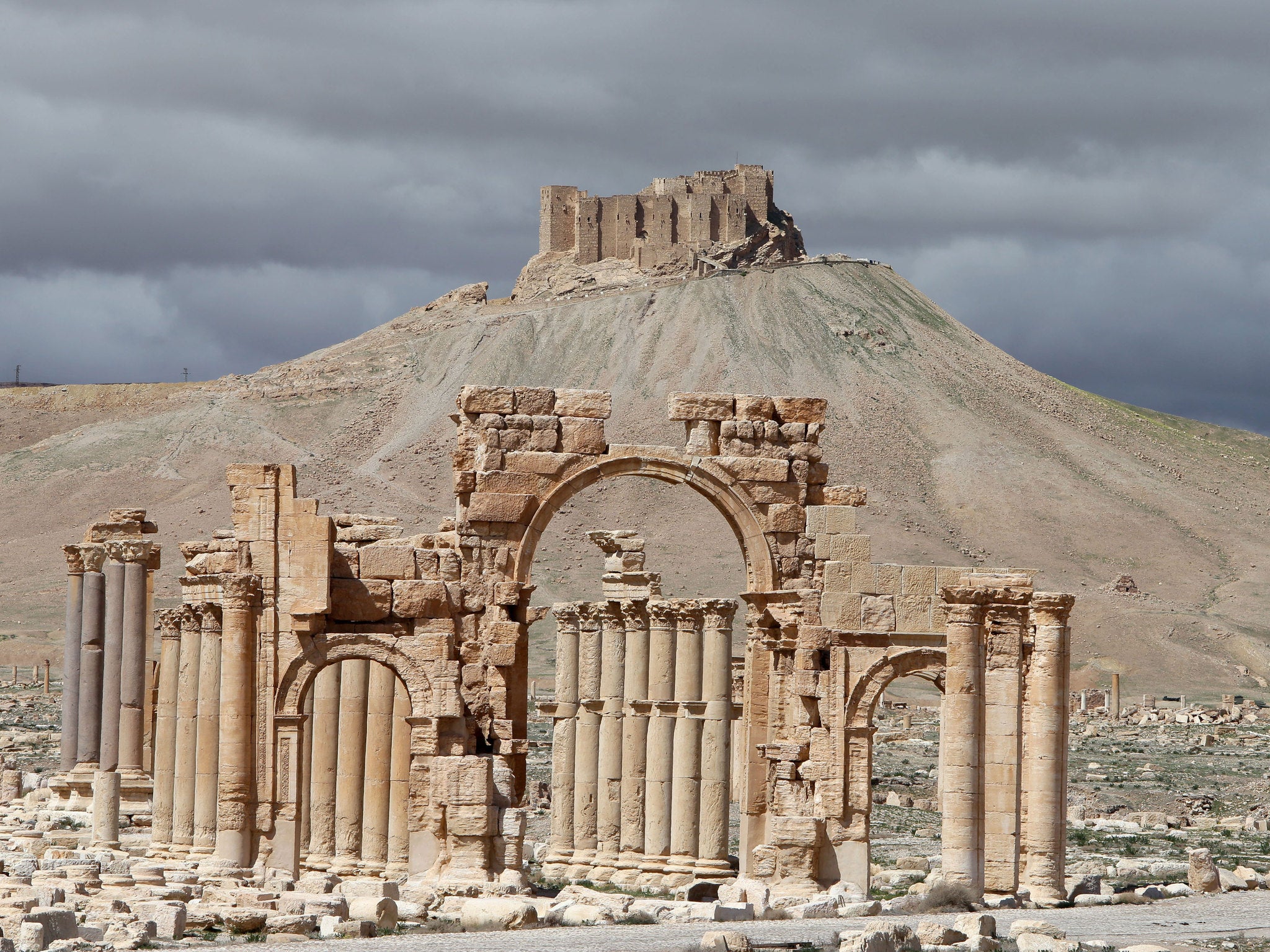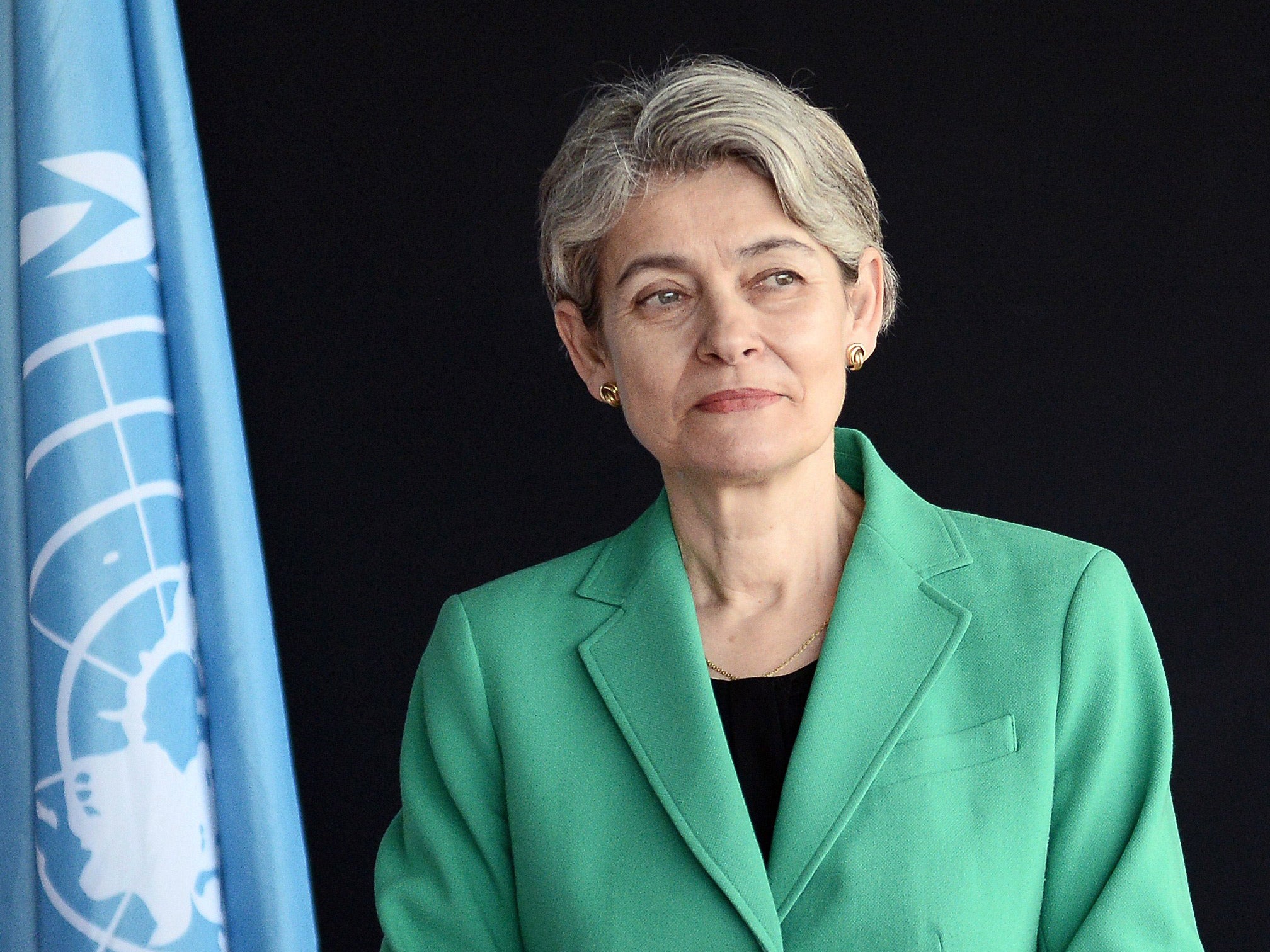Isis guilty of 'cultural cleansing' across Syria and Iraq, Unesco chief Irina Bokova says
The militant group is responsible for the 'systematic destruction' of important historical sites in an attempt to erase cultural identities

Your support helps us to tell the story
From reproductive rights to climate change to Big Tech, The Independent is on the ground when the story is developing. Whether it's investigating the financials of Elon Musk's pro-Trump PAC or producing our latest documentary, 'The A Word', which shines a light on the American women fighting for reproductive rights, we know how important it is to parse out the facts from the messaging.
At such a critical moment in US history, we need reporters on the ground. Your donation allows us to keep sending journalists to speak to both sides of the story.
The Independent is trusted by Americans across the entire political spectrum. And unlike many other quality news outlets, we choose not to lock Americans out of our reporting and analysis with paywalls. We believe quality journalism should be available to everyone, paid for by those who can afford it.
Your support makes all the difference.Isis and other militant groups are guilty of "cultural cleansing" in the Middle East, the head of the UN's heritage organisation has said.
Irina Bokova, the director general of Unesco, said the world had been "stunned" by the scale of the destruction of historically and culturally significant sites by Islamist terror groups over the past few years.
She noted that the recent attacks in Syria carried out by Isis, also known as Islamic State, were similar to the destruction of manuscripts by Islamist fighters in Mali in 2013 and the Taliban's dynamiting of the Buddah statues in Bamiyan, Afghanistan.
"I'm calling this cultural cleansing," she said, emphasising that destroying heritage sites should be seen as an attempt to erase cultural identity.
In an interview with Russia Today's World's Apart programme, Ms Bokoba decried the "systematic destruction" of important historical sites, "combined [with] industrial scale illicit archeological sites, looting of archeological sites and trafficking".
Isis has carried out a sustained campaign of destroying cultural artefacts.
Its destruction of parts of Palmyra in Syria, a Unesco World Heritage site, prompted international outrage, but the looting and trafficking of antiques also helps fund the group's operations.
In February the UN passed a Security Council resolution that introduced measures to curb the trafficking of cultural objects from Iraq and Syria.
The resolution is also a recognition of Unesco's concerns about the destruction of heritage sites.

"For the first time we have convinced the UN Security Council to take up seriously something that we have been advocating since the beginning of the Syrian conflict," Ms Bokova said in her interview.
"I remember during those times I was criticised in the press, [which said] that Unesco is out of touch because people are dying and we are talking about bricks and stones," she said.

In August Isis fighters destroyed three tower tombs in Palmyra, structures that had survived since between 44 and 103 AD.
The Temple of Bel, an iconic religious building that had survived for 2,000 years, has also been destroyed.
Join our commenting forum
Join thought-provoking conversations, follow other Independent readers and see their replies
Comments